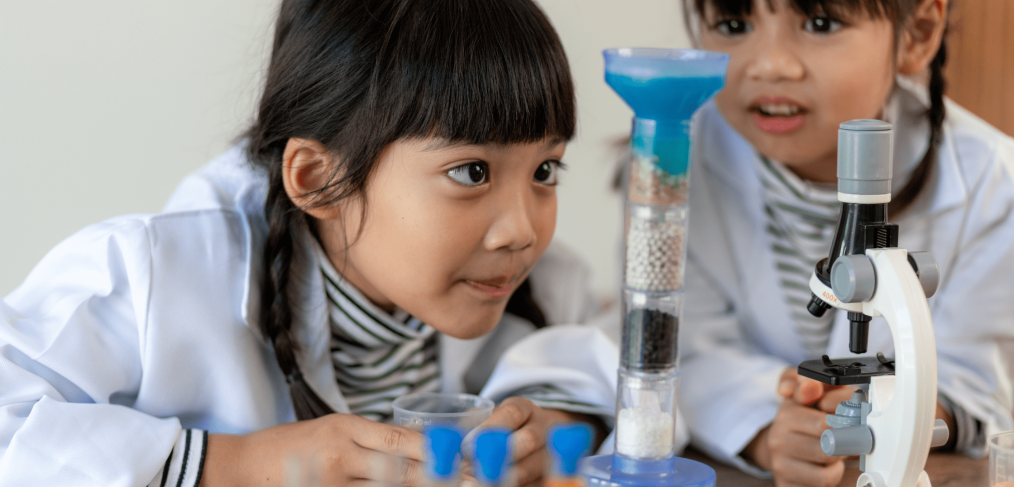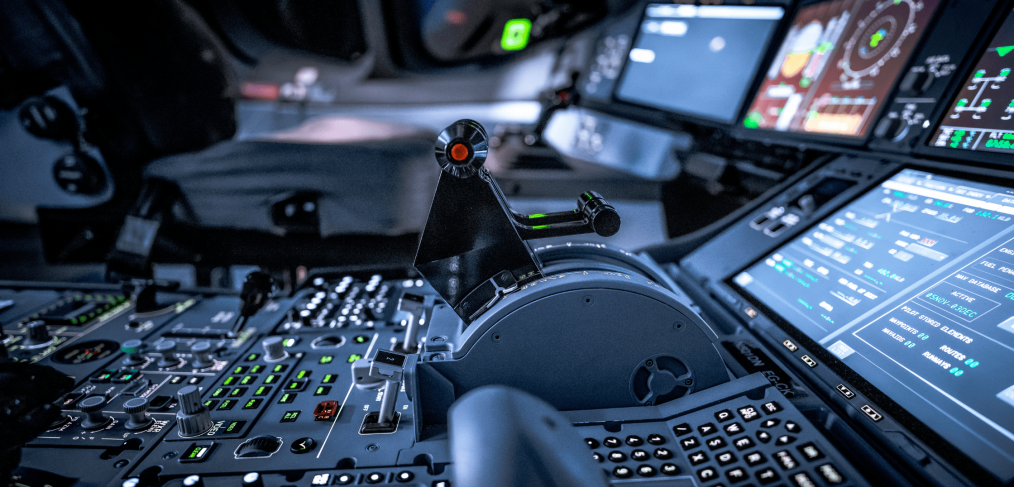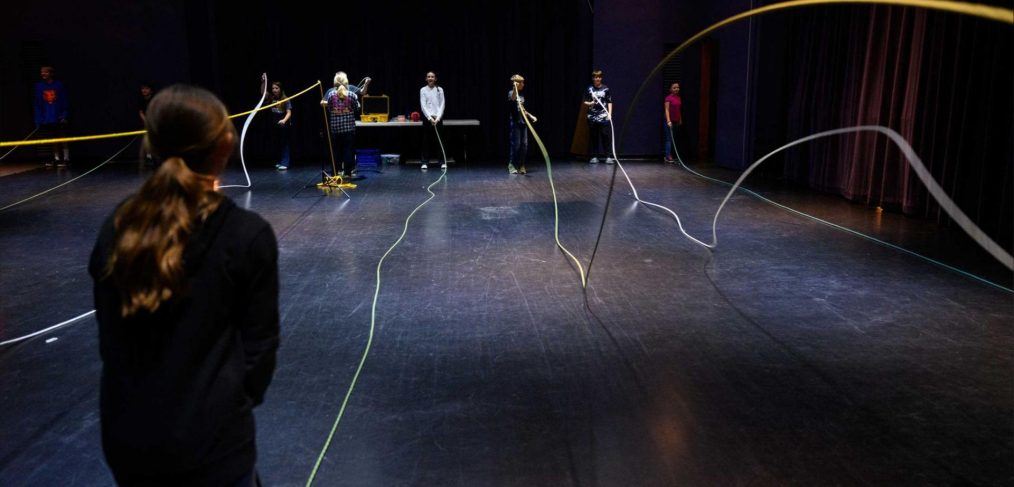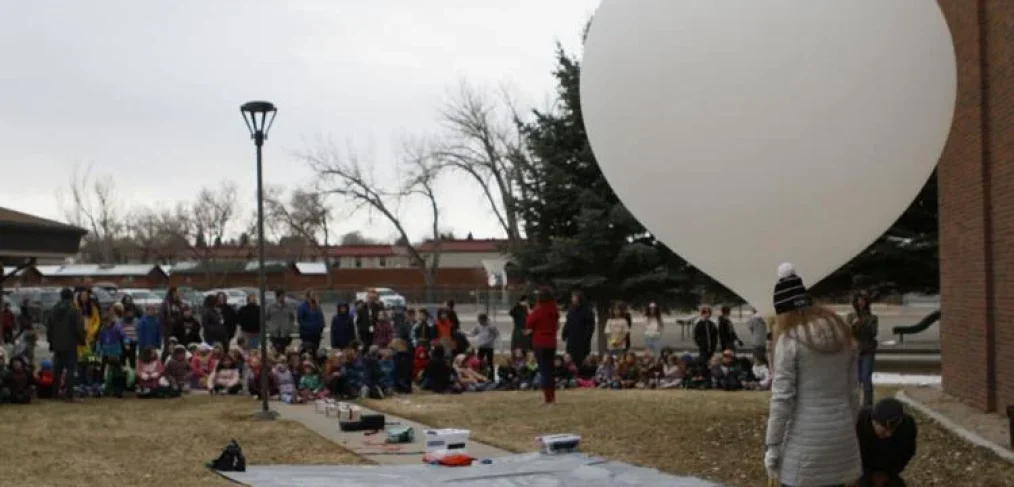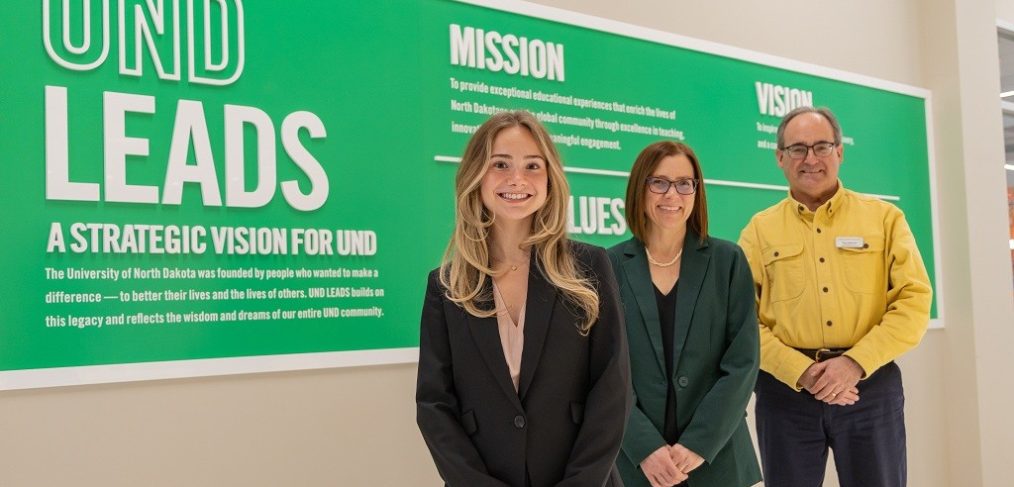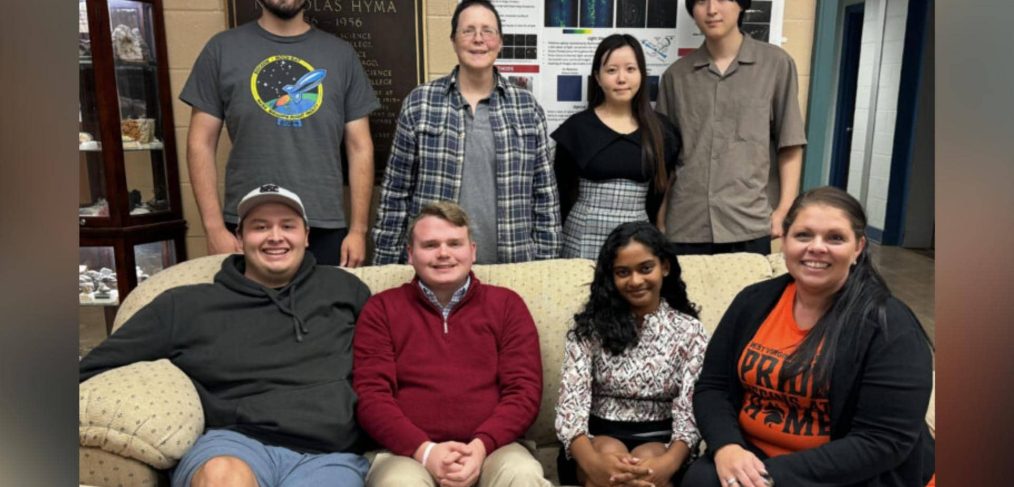Helping young people ‘dream bigger,’ have ‘lasting impact’
Since joining the North Dakota Space Grant Consortium’s STEM Ambassador program in the fall of 2023, one of us (Amanda Curatti) has had the privilege of directly contributing to the community by providing meaningful service through STEM outreach.
Curatti’s role has allowed her to engage with young learners across North Dakota, creating a “front door to campus” and bringing STEM education directly to the communities that need it most.
By leading after-school programs and hands-on workshops, she has been able to work with children who often lack the resources or exposure to explore STEM fields. This work, which sparks curiosity and empowers future generations, truly embodies the spirit of service.
A core aspect of this mission has been to inspire underrepresented groups, particularly young girls, to pursue careers in fields such as aviation and space exploration. As a female in a traditionally male-dominated industry, Curatti strives to serve as a visible role model for students who may not otherwise see themselves in these careers. Last year, for example, she led the Grand Forks Mentor Center after-school program, which introduced exciting STEM concepts such as aeronautic demonstrations and space exploration.
This year, the Space Grant Consortium has expanded its efforts to work with Encore after-school programs, reaching more children across the state with activities such as “Rockets to the Rescue” and “UV Astronauts.”
One of the most rewarding aspects of her role, Curatti says, is witnessing the tangible impact of our outreach on students and the broader community. At events such as Girls in Aviation Day, she has seen young girls not only learn about coding and aviation, but also experience firsthand the possibilities that lie ahead for them.
Opportunities offered by the Consortium, such as internships at NASA, further deepen this impact, by giving students the chance to collaborate with some of the brightest minds in the world and contribute to projects shaping the future of science and technology.
Curatti’s service as a STEM Ambassador goes beyond education, in other words. It’s about creating pathways for students, especially in North Dakota, to dream bigger and pursue careers that will have a lasting impact on our state, our nation and the world.
And that’s what UND’s Service commitment is all about.
Read the full article on UND Today.
Author Credit: By Amanda Curatti, Tom Dennis and Daphne Pedersen
Image Credit: UND Today
Original Post Date: Feb. 25, 2025
